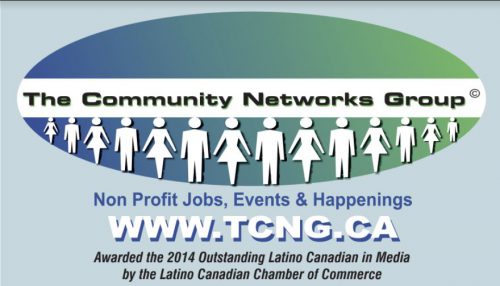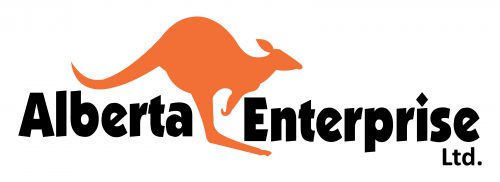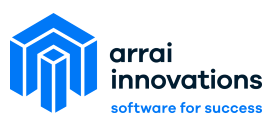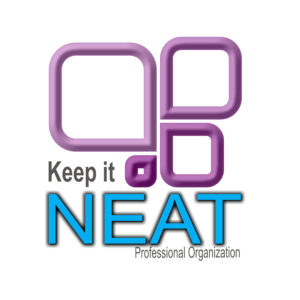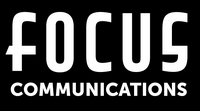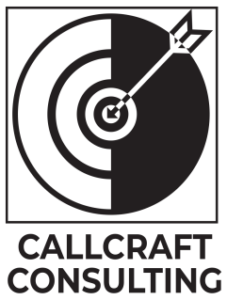
By Randal Adcock
The Journey | Sorting out the causes of business success/failure in so far as Small & Medium Sized Enterprises go, is not easy. Whether you’re looking into the reasons for success or failure, the causes are of the same sort. If you can address the problems leading to failure then you have a success. If you fail to address the causes of success then you are likely to fail. One thing to address up front is attitude.
Positive Attitude | Your attitude is most important for success. Studies in psychology show that a good degree of optimism makes you more creative. There is no success without first believing in your success. Think back on all your successes to date. These are your assets going forward. You are a goal-oriented problem-solver!
Framing | Rather than asking “how do I avoid failure?” ask “how do I succeed?”. This
may be true even when facing impending failure. Doubts have a way of shutting down
creative problem-solving. Don’t be overwhelmed or you’ll face a tendency to give up.
A bit of self-deception can be constructive. No matter what opportunities and challenges
you face, you will first face them with familiar lenses. We need to develop constructive
habits, making a conscious effort to be a bit more positive when you wake up in the
morning and prepare for your day. Last thing at night, remind yourself of how grateful you
are for the blessings of the day. Even if you had a bad day, focus on the positive and
you’ll get better at it. Attitude frames everything.
Capacities | It is also important to distribute your assets, efforts/time in a way that
sufficiently covers all your business requirements. The word sufficient is key; you
don’t have to use some mathematical optimization algorithm to get the distribution
perfect. You will never get it perfect. You just need to cover requirements sufficiently to
get the job done. What does the job need?
Essentials | Have enough cash in the bank to cover expenses; enough paying customers; set prices high enough to cover product costs plus admin costs; hire enough human resources to get the work done; pay them well enough to keep them around long as they’re needed (and back again); make a product that people want at a price they’re prepared to pay; share your vision sufficiently with your people so they can work with you effectively; respect people and the fact that they all have something different to offer; build lasting and trusting relationships so your transactions become easy and automatic; explore new options routinely and remain somewhat open-minded and inquisitive.
Learning | Learning takes place in goal-plan-action-review cycles. The loop involves continuous goal-setting, planning, action, results, and a review that produces lessons for the next round. Take the time to prepare a solid business plan, implement it, track outcomes and repeat the process in a positive feedback loop of continuous improvement – from bottom to the top.
Business Plan | The plan is key part of your learning loop and is often overlooked. Some research shows that a business plan has questionable value for a brand new business because the plan will likely change quite a bit at fist. But you need to plan. Writing the plan forces you to think things through and minimize the things you might miss. Understanding comes at the point of articulation. Keep in mind that not all entrepreneurs are the same. Some naturally learn more in the action part of the cycle. This is okay as long as the failures along the way are bite-sized and manageable. Prepare a sufficiently comprehensive yet detailed plan to get all your team onboard, including the bank and investors. Plan sections: mission, vision, goals and strategy; market research, products, operations, human resources and finance.
Scaling | Many businesses fail when they try to grow to fast. Others avoid trying because scaling up is different, and sometimes more risky, than getting established. In some industries, however, competition demands that you reach a certain size and economy of scale in order to offer competitive prices and product range. You may need to grow. However, as your business grows you need to scale your plans/processes in proportion to requirements. It isn’t just about increasing output with your existing setup. Build a set of tools that make sense for the level of complexity you need to manage. It starts with foundations. Often, getting a bookkeeper is an early first step in small business. You learn how to assign tasks to others. Then maybe outsource marketing, etc. To really scale up you need to hire managers and learn to let go of everyday details.
Failure & Success | The causes of business success and failure are interdependent. One could use the Five+Why approach. Ask ‘why?’ to at least five consecutive answers to the initial question of “why did the initiative fail?”… For example; there’s not enough cash coming in: 1) Why? A: Not enough customers. 2) Why? A: Not enough promotion. 3) Why? A: Not enough cash to purchase promotion. 4) Why? A: Didn’t invest enough. 5) Why? A: Investors were not confident. 6) Why? A: Didn’t have a detailed business plan. Solution — work on your plan!
As for the study of success, it may not be enough to look at a business success and say “they didn’t make any mistakes”. What did they actually do when they faced opportunities and when they faced threats?
Bottom Up | Sorting out the causes of business success and failure is not easy.
Address the common problems leading to failure then you probably have a success. Fail to address the causes of success, then you are likely to fail. Remind yourself of this basic understanding, consult trusted opinion-makers, adjust your plans accordingly, and you will propel upward your chances of success! ©
About: Randal Adcock is the co-founder & chair of Wayfinders Business Cooperative ©







